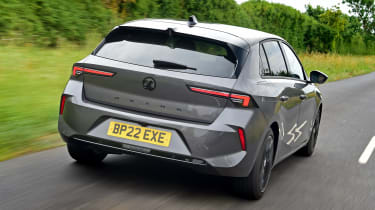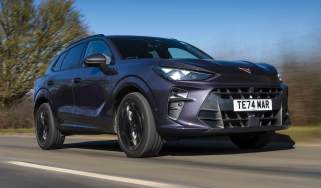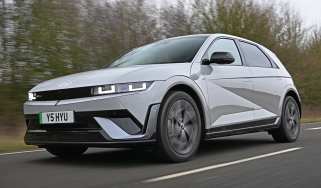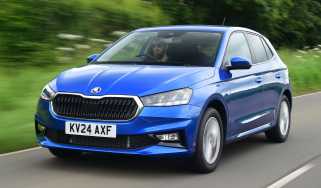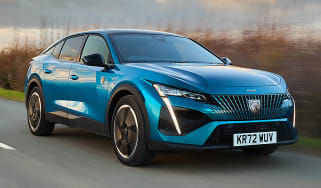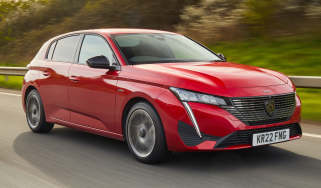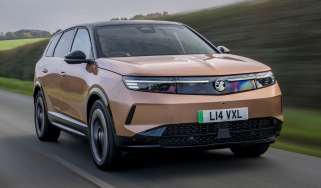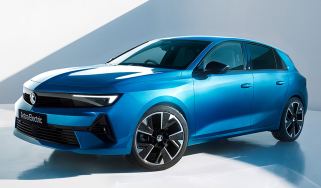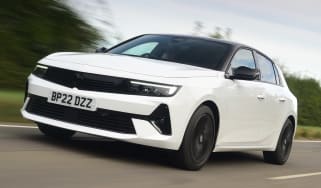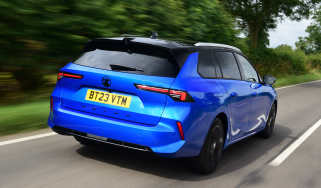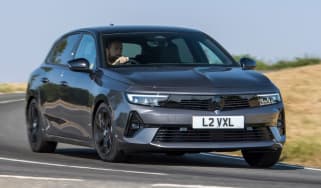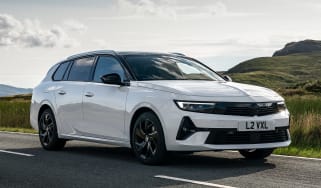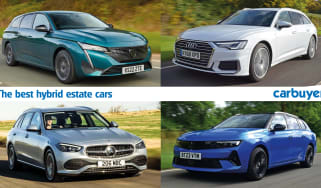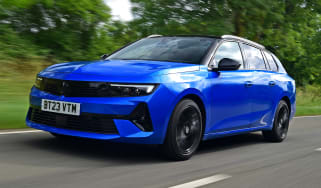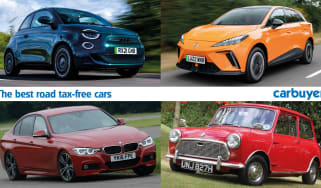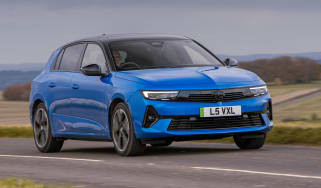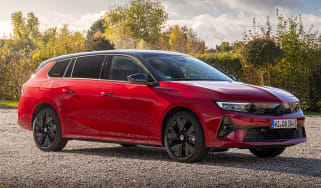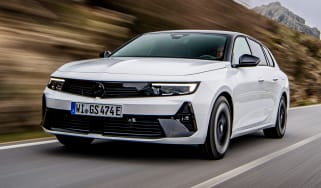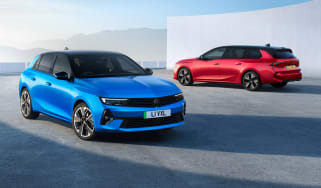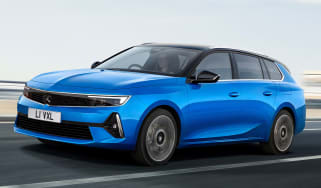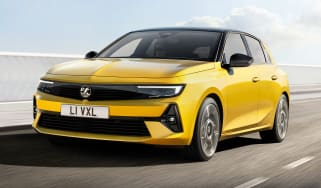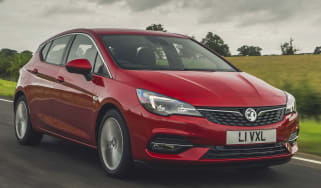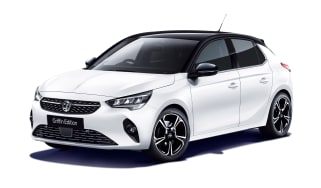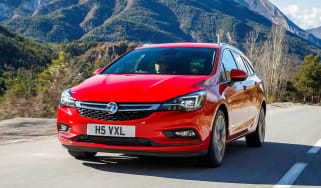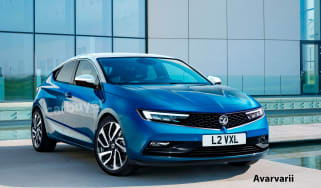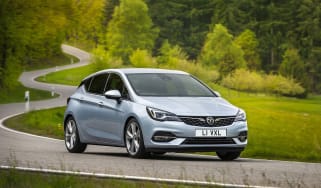Vauxhall Astra review - striking hatchback with updated tech
“The latest Vauxhall Astra gets a striking look and the latest tech to better compete with rivals”
Pros
- Stylish looks
- 43-mile plug-in hybrid range
- Impressive technology
Cons
- Firm ride
- Rear space could be better
- Small boot for plug-in versions
Verdict – is the Vauxhall Astra a good car?
We said the last-generation Vauxhall Astra was the best yet, and this latest model is even stronger, despite its numerous excellent rivals. With looks and technology lifted from the eye-catching Vauxhall Mokka, the Astra is a smart family hatch that won’t cost a lot to run. With petrol, plug-in hybrid and now all-electric power, the Astra’s appeal has never been broader. A new Griffin trim also means the Astra Electric isn't quite as expensive, making it more competitive, while also adding extra goodies.
Vauxhall Astra models, specs and alternatives
The Vauxhall Astra is a familiar name for UK buyers, but the popularity of family hatchbacks has dramatically decreased over the past decade or so in favour of SUVs. Try as they might, Vauxhall couldn’t quite convince people to buy the last generation Astra, despite the fact that it had a lot going for it.
This time Vauxhall has taken a more radical approach, and the Astra is available as a petrol, plug-in hybrid and even fully-electric model for the first time in its history – the latter of which we have reviewed separately. The car’s design is eye-catching, too – the flowy design of the previous generation has been replaced with a more angular look, and now all of Vauxhall’s lineup sports the black ‘Vauxhall Vizor’ panel at the front for some family resemblance and identity.
 The 10 best hatchbacks to buy in 2025
The 10 best hatchbacks to buy in 2025
It feels as though Vauxhall has sought to improve the quality and finish and modernise the interior of its most recent generation of the Vauxhall Astra, so you get two 10-inch displays ahead of the driver for the driver’s display and infotainment. However, it’s not quite enough to feel truly upmarket, as some of the scratchy plastics and easy-to-scratch gloss black trim betray it slightly. Starting from around £25,000, the Astra is a much more expensive car than it was before, too, so it’s fair to expect higher quality to match.
More reviews
Vauxhall Astra trim levels have changed significantly since launch, but the entry-level car is now the limited edition Griffin. It costs less than the Design trim but seems oddly better equipped because you get a heated driver seat and even larger, more stylish 17-inch alloys compared to the Design’s 16-inchers. While the Griffin specification remains on sale, there’s no reason to choose the Design trim over it.
Trims above this include GS, which gives the Astra a sporty edge with heated sports seats, a stylish black contrast roof and other features, while Ultimate brings all the bells and whistles for added upmarket appeal.
You can choose between petrol, hybrid and electric versions of the Astra, while the diesel was discontinued a while back. The petrol range is much smaller than previously, with just one 128bhp pure-petrol 1.2-litre available. A mild-hybrid version sits above this with 134bhp, and above that is the 1.6-litre plug-in hybrid with 178bhp. The electric version has 154bhp.
It’s clear Vauxhall has tried to add a little more soul to the current Astra, because it’s worked to give it a good driving feel and has even introduced a sporty GSe halo model above the standard range to at least partly fill the gap left by the discontinuation of the VXR hot hatch. If we’re honest, though, it’s not quite worthy of being considered a true ‘hot hatch’, nor does it flaunt it with a big bodykit or spoiler – if anything it’s too subtle. It uses a 1.6-litre engine and electric motor for a 222bhp mild-hybrid setup making it the most powerful version, but isn’t quite as fast or fun as rival hot hatchbacks.
Now, those plus points have been complemented by a decent four-star safety score. While that’s not the absolute best in class, the Astra is a safe car that you can trust to protect your family. It scored roughly 80% for both adult and child protection, while its lack of the full five stars is due to it missing out on some of the latest driver aids rather than any major shortfall in crash performance.
Which Is Best?
Cheapest
- Name1.2 Turbo 130 Griffin [Tech Pack] 5dr
- Gearbox typeManual
- RRP£26,590
Most Economical
- Name1.6 Plug-in Hybrid 195 GS 5dr e-DCT7
- Gearbox typeSemi-auto
- RRP£36,035
Fastest
- Name1.6 Plug-in Hybrid GSe 5dr e-DCT7
- Gearbox typeSemi-auto
- RRP£38,665
